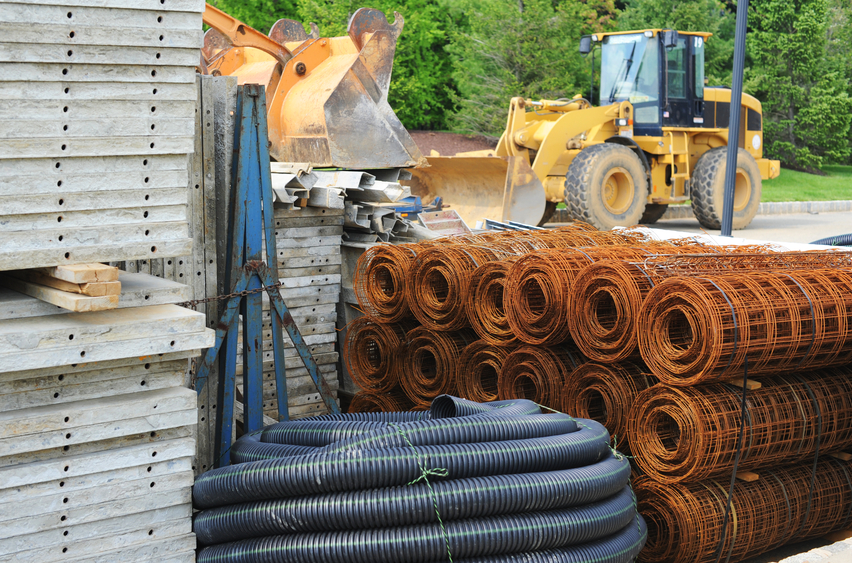Iowa Materials 10 PDH Discount Package 3
Introduction to Welding and Non-Destructive Testing (NDT) (T06-005)

This online engineering PDH course provides an overview of the topics of metallurgy and metalworking.The course discusses the parameters, properties, metalworking processes, and identification methods of metal alloys.
Metallurgy is a domain of materials science and engineering that studies the physical and chemical behavior of metallic elements, their inter-metallic compounds, and their mixtures, known as alloys. Metallurgy is also the technology of metals: the way in which science is applied to the production and industrialization of metals, and the engineering of metal components for use in products for consumers and manufacturers.
This 4 PDH course is intended for material, mechanical, civil, and chemical engineers who are interested in exploring the basic principles of metallurgy and metalworking principles.
This PE continuing education course is intended to provide you with the following specific knowledge and skills:
- Learning about the history of metallurgy
- Learning about metal properties and alloys
- Familiarizing with mechanical properties of metals
- Learning about strength in metals
- Familiarizing with corrosion resistance
- Familiarizing with types of iron, steel, as well as nonferrous metals and alloys
- Understanding the basics of metalworking processes
- Learning about metal identification and testing methods
Upon successful completion of the quiz, print your Certificate of Completion instantly. (Note: if you are paying by check or money order, you will be able to print it after we receive your payment.) For your convenience, we will also email it to you. Please note that you can log in to your account at any time to access and print your Certificate of Completion.

This online engineering PDH course provides basic information to understand the basic principles of various testing methods, as well as details of typical applications, principles, advantages, and limitations in order to evaluate welds.
Welding is one of the most common type of joining method used in the industry. Welded components are subjected to thermal stress, which results in microscopic cracking, deformation, and hardening of the metal. Depending on the materials and the welding process, the consequences of heat input on the material surrounding the weld can compromise the material’s integrity or suitability for service.
The welded materials are subjected to destructive and/or non-destructive tests to ascertain these to be fit for purpose. Destructive testing has the drawback of destroying the test object in the process. Non-destructive tests on the other hand permit evaluation of the material or component without destroying it. To appropriately apply these inspection procedures, a certain level of skill is required. These tests are not simply for screening out bad products; they are also for assuring that what appears to be good is actually good.
This 6 PDH online course is applicable to mechanical engineers who are interested in improving their knowledge about the use of non-destructive and destructive testing methods to evaluate welds.
This PE continuing education course is intended to provide you with the following specific knowledge and skills:
- Familiarizing with the characteristics and properties of materials and steel alloys
- Familiarizing with the basic types of weld joints and their symbols
- Gaining a general overview on the commonly used welding processes
- Learning about the causes of welding defects and discontinuities along with the acceptance criteria of weld defects
- Understanding common mechanical destructive tests for establishing tensile strength, hardness, toughness, and impact resistance
- Exploring common non-destructive testing (NDT) methods including visual testing, penetrant testing, magnetic particle testing, eddy current testing, radiographic testing, and ultrasonic testing
- Learning about the types of equipment used for each non-destructive and destructive examination
- Understanding the advantages and limitations of various test methods
Upon successful completion of the quiz, print your Certificate of Completion instantly. (Note: if you are paying by check or money order, you will be able to print it after we receive your payment.) For your convenience, we will also email it to you. Please note that you can log in to your account at any time to access and print your Certificate of Completion.